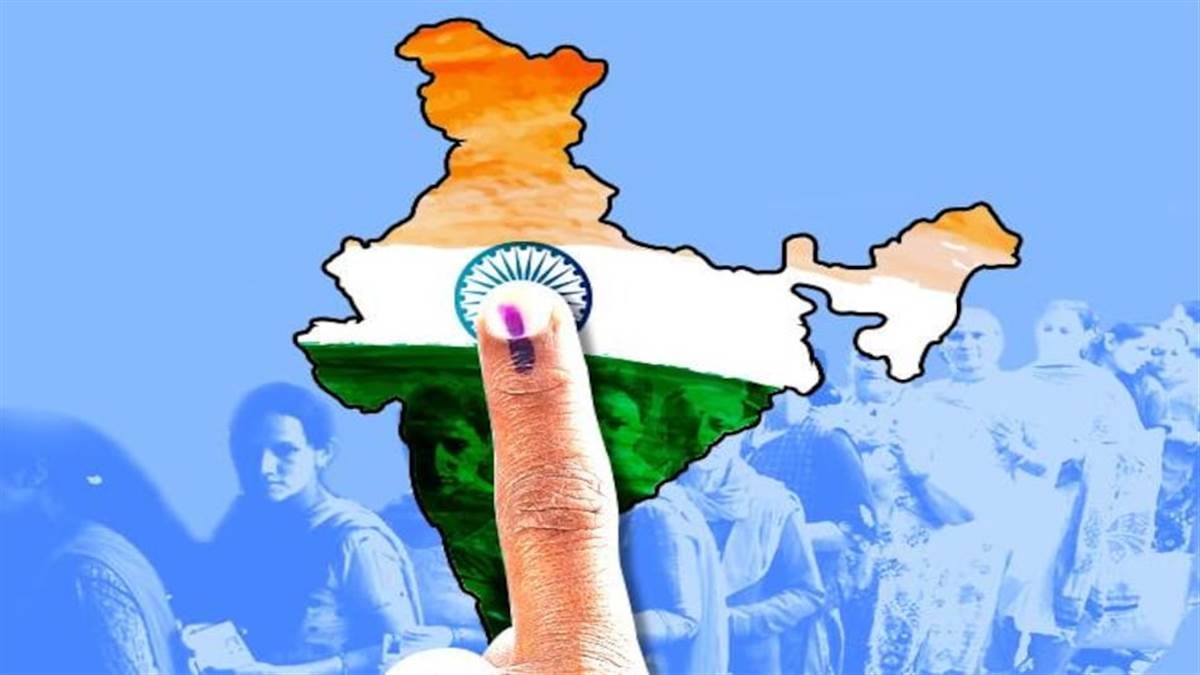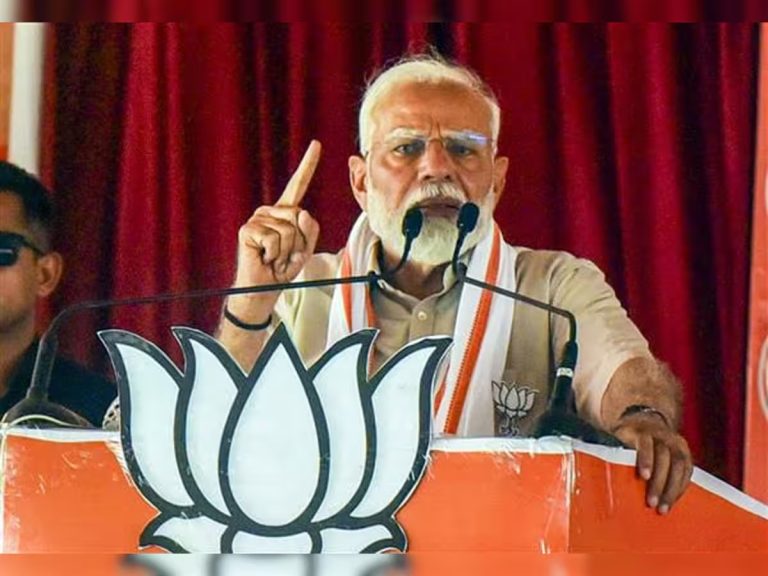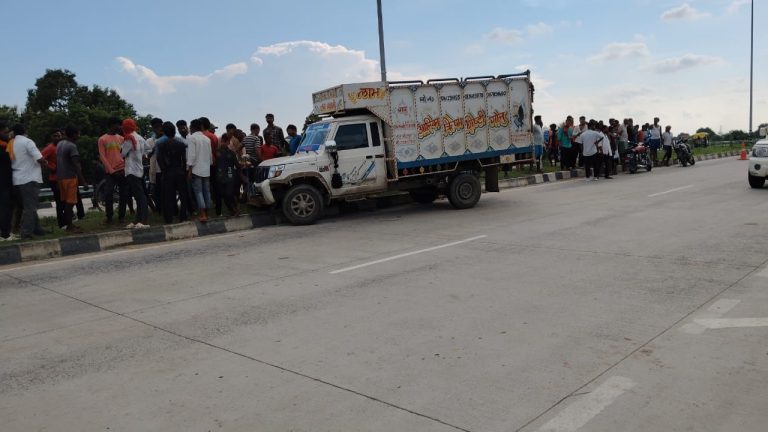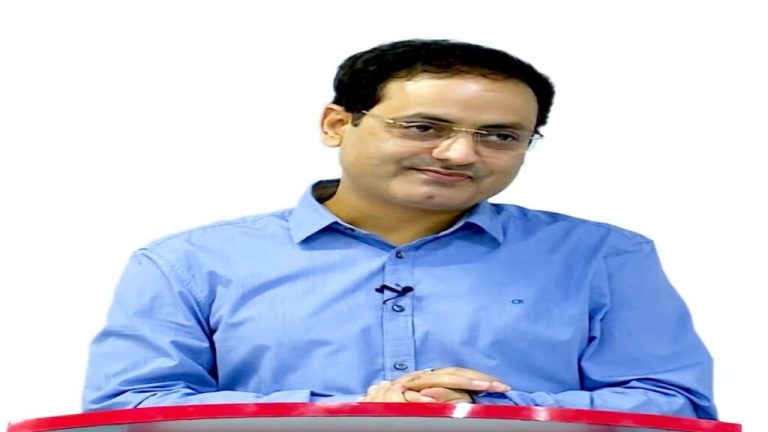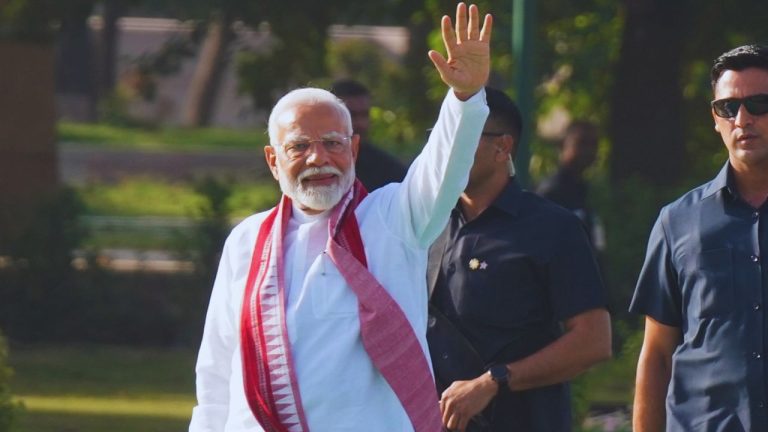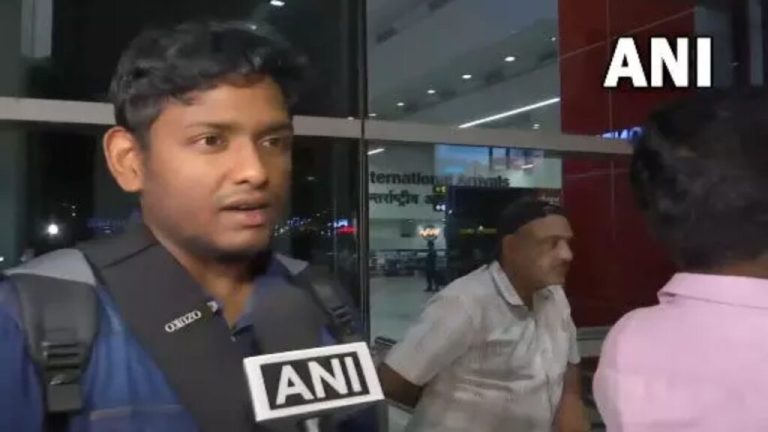Political parties vs common man
The general elections are being conducted by the Election Commission from 19 April to 1 June 2024 to elect 543 members of the 18th Lok Sabha of India. The elections will be held in seven phases and the results will be declared on June 4, 2024. Compared to the previous elections, this time’s Lok Sabha elections will be unique, which will be the most expensive, controversial and will last for 44 days. 272 seats will be required for a majority on all 543 Lok Sabha seats and 968 million people out of the population of 1.4 billion will participate in the elections as voters.
India has a multi-party system with two major parties. According to Article 83 of the Constitution of India, elections to the Lok Sabha should be held once every five years. According to the Election Commission of India, the 2024 elections are ‘Chona da Parv’ and ‘Desh da Gaurav’ i.e. Lok Sabha elections, a festival and the pride of the country. According to Section 29-A of the Representation of the People Act, 1951 and the Election Rules, 1961, every political party has to register its party with the Election Commission to participate in the elections. According to the latest publication of the Election Commission (15 May 2023) there are 6 national, 54 state/territorial and 2597 registered but unrecognized parties. The Election Commission recognizes political parties at the national and state/territory levels based on objective criteria set by the Election Commission of India. A recognized political party may exercise practices such as party symbols, free broadcast time on state television and radio, consultation in determining election dates, election rules and input into determining election rules.
A national or regional party recognized by the Election Commission can be upgraded or downgraded based on specified criteria. The Election Commission has also developed an online registration tracking management system for registration of new political parties under Section 29-A of the Representation of the People Act, 1951. Under the Election Commission’s order for registration of parties, it is mandatory for the parties to submit a written statement of their constitution, organizational options and party funds and election expenditure so as to ensure transparency and accountability of the parties. Actually, the Election Commission of India has the power to recognize and reject political parties.
Although Indian politics is based on a multi-party system, Indian politics has become increasingly bipolar with the emergence of two major coalitions, with the 2024 elections in view. India Bloc is the opposition led by the current ruling party, the National Democratic Alliance (NDA) and the Congress. So mainly these two alliances are contesting the elections of 2024. The candidates who want to contest the elections are so eager that they are switching from one party to another and from another to the third party. The people of India and especially the voters are in a dilemma as to which party’s ideology or which alliance’s ideology and candidates to vote for during the elections. Political parties and bi-polar alliances are promoting the election promises made, guarantees declared, free facilities offered in their election manifestos. Human issues like employment, public health, environmental protection, protection and preservation of India’s Constitution, values and institutions are missing from the election agenda or manifesto.
Issues and narratives are being created that have nothing to do with the people and voters of India. It is a tragedy that political parties are spending more than 80% of their election expenses to hide the shortcomings of their party. For the candidates of political parties, the people of their constituency or the voters are not important, but for them their own family, political party and party supremo are everything. Political Role- Apart from corruption, the role and credibility of the Election Commission of India in the current elections is also under doubt. There is a fear among the people of India that this time the election will be the most corrupt and expensive election in the world. Even the Election Commission is not succeeding much in removing this fear of the people. The people of India fear that this time’s election is like match fixing. The reason is that there are a large number of fake voters in the voter list, the voting and counting of votes through EVMs can be distorted by the ruling party as per their plan.
On February 15, 2024, the Supreme Court ruled that the electoral bond system, which was introduced by the government in 2017 and allows political parties to collect electoral contributions anonymously and without limits, is unconstitutional. Electrol Bond Scheme is a corrupt electoral fund scam involving every national and regional
A political party is involved. Only contributions or donations in the form of bank check or digital payment are eligible for tax deduction as per Section 29-A of the Representation of the People Act, 1951. According to the Center for Media Studies, Rs 55,000 crore was spent during India’s 17th Lok Sabha elections in 2019. It is feared that this time the cost will cross Rs 80 thousand crores. According to the Association for Democratic Reforms, 69% of the income and contributions received by political parties from 2004–05 to 2014–15 came from unknown sources. Political parties as a public authority are not willing to come under the Right to Information Act and implement electoral reforms.
The accuracy of voter lists, voting, counting processes and the Election Commission’s commitment to implementing the Model Election Code without bias is also in doubt. The increasing competition in Indian politics and electoral system to provide political protection and patronage to criminals is weakening democracy. Elections have not become a celebration or a festival but have become a battlefield in which the people of India seem helpless. People need to be aware and organized.
People need to participate in the form of civil society, NGOs and pressure groups. Election donations and other help to political parties and candidates contesting elections should be stopped. They should not be made a part of his election campaign and he should be forced to be accountable to the people. Governments and public representatives also have to remember that they are neither above the law of the country nor above the people. Some poet has rightly written:
“If you change with time, you will become the weather, if you remain silent, you will become a mother,
If you become someone’s companion in sorrow, you will become a musical symphony.
If you become a wall and block the way, you will become a cruel ruler.”
